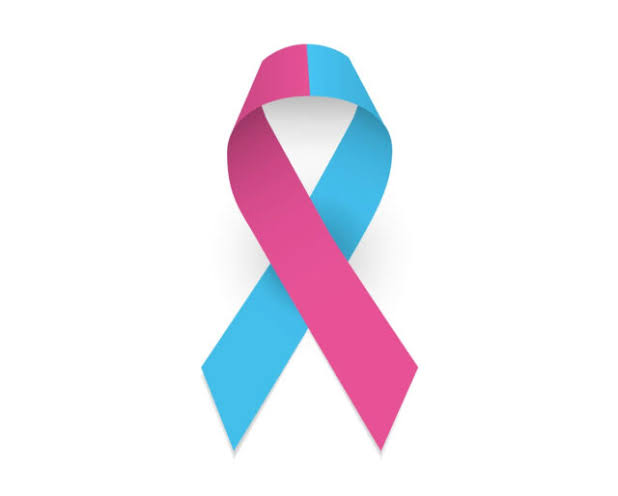By Blessing Bature, Abuja
As the world commemorates World Fertility Month, the Association for Fertility and Reproductive Health (AFRH), has said that 4 out of 10 Couples in Nigeria struggle to have biological children.
AFRH is an umbrella body of more than 500 fertility professionals consisting of Gynecologists, General Practitioners, Nurses, and Counselors which aims at promoting interest in, and understanding reproduction biology and medicine.
The President of AFRH, Dr Ibrahim Wada OON made this known in Abuja on Friday during a press conference to mark the beginning of World Fertility Month, commemorated every June with the aim of drawing attention both to the difficulties of many people in having biological children, as well as to the medical advances that currently help many women and men to achieve their desire to be mothers and fathers.
Wada stated that over 80 million people in the world are childless and about 1 million in Nigeria adding that AFRH is working tirelessly to maintain the highest standards in looking for solutions as well as self-regulate its members to ensure adherence to international standards and ethical provisions.
“Today marks the beginning of World Fertility Month and we intend to let our country know that more than 80 million people all over the world are childless. In our country it is about a million.
“If you have 10 couples, you will be shocked that 4 or 5 of them are struggling to have a baby at any time. The world over, 1 out of 10 couples at any given time does not have their desired pregnancy or children.”
“With so many people suffering in our country, AFRH is doing the right thing to commemorate this month. We want to bring awareness to the plight of the childless; we want to also educate our own members about the importance and the solution – to maintain the highest standards in looking for solutions. We want to make sure that the entire population is covered not necessarily by affordability, but to look for ways and means to bring in this high technology to the doors of those who need it.
“We have a duty to self regulate; we have our developed guidelines within the ethical provision. This is the area where people get exploited unnecessarily and our association is against that so we have guidelines and ethical guidelines to make sure that whatever our members do as individuals or as institutions fall within acceptable international standards,” he said.







